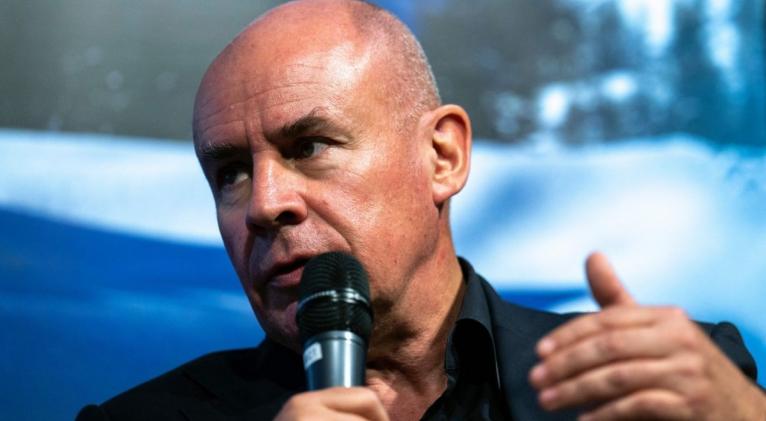Eliasch: "IOC can't fall, needs right person"
especiales

With an innovative approach, Johan Eliasch positions himself as the candidate who could reshape the IOC, as he promises a more sustainable model, a stronger global brand, and an unprecedented expansion of the Games. "Sport unites, and it can achieve so much more," declared the Swedish mogul.
The future of the International Olympic Committee (IOC) hangs in the balance. With Thomas Bach’s departure set for March, Johan Eliasch, current president of the International Ski Federation (FIS), has emerged as one of the most unexpected contenders for the role. In a recent interview with AFP on Monday, the billionaire entrepreneur laid out his vision in no uncertain terms: the IOC must become more powerful, generate greater revenue, and expand its reach across the globe, without sacrificing its commitment to sustainability.
At 62, Eliasch is fully aware of the magnitude of the challenge. He is not only looking to build upon the financial consolidation achieved under Bach’s leadership but also to prevent what he sees as a potential decline if the wrong choice is made. "The IOC is an extraordinary brand, but without the right leadership, we could plummet from the penthouse to the ground floor," he warned.
Eliasch’s message is not purely financial, it is also deeply human. In a world increasingly marked by division and conflict, he insists that sport must continue to serve as a force for unity and resilience. "Sport has the magical ability to bring people together in peace," he stated. "Hope is the most precious thing we have, and we must offer it through the Olympic Games."
One of the pillars of his campaign is the geographical expansion of the Olympics. Eliasch believes the Games must reach uncharted territories, such as Africa, India, and the Middle East. "We are a global movement, and we must think globally," he made clear. However, he was quick to point out that this ambition should not come at the expense of sustainability, citing Masdar City in Abu Dhabi, a zero-carbon urban project, as a model for the future.
Regarding the Winter Games, Eliasch proposes a rotational system among eight to ten fixed host cities over the next 30 to 40 years. This, he argues, would ensure financial stability and sustainability, allowing host cities to maintain their infrastructure through a steady stream of international sporting events throughout the year. Beyond growth and expansion, Eliasch acknowledges the IOC must reinforce its economic model. His experience at the FIS has demonstrated that revenue can increase substantially with the right strategic decisions. "I will do far more to significantly boost both income and its distribution," he pledged.
But the FIS chief also issues a warning: the selection of the next IOC president must not become a mere "popularity contest." For Eliasch, the future of the Olympic movement hinges on making the right choice. "If we elect the wrong person, we risk losing relevance and failing," he stated bluntly. On 20 March in Greece, over 100 IOC members will cast their votes to decide whether Eliasch is the leader the Olympic Movement needs for the next era. His vision is bold, his message is resolute, and his confidence is unshakable. Now, the fate of the IOC rests in the hands of those who will determine its future.














Add new comment